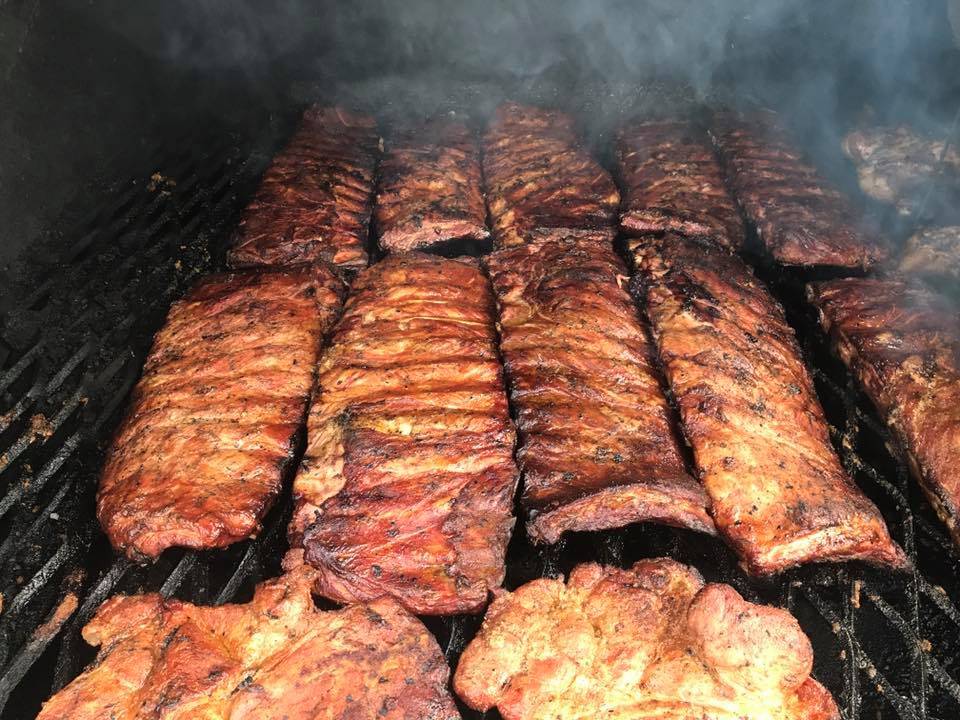Ujamaa (oo-jah-mah), Cooperative Economics: To build and maintain our own stores, and other businesses to profit from them together. Ujamaa is the fourth principle of Kwanzaa. I grew up celebrating Kwanzaa, a seven day holiday starting on the day after Christmas, and ending on the first day of the New Year. Each day has a principle designated to unite the black community, and critically challenge one another to always strive to be better. And each principle has a candle that you light to celebrate that day. My parents, siblings, and I would light each candle according to the night, and discuss each principle and what it meant to us. My father handmade the Kinara, or candle holder, and we would set up the beautiful display representing our family and the tradition of Kwanzaa. I won’t get into every single detail of Kwanzaa, but these are the memories I hold, that make me cherish the holiday. Unfortunately, living on my own, working a full time job, and moving away, make it harder for me to keep up with. Now I’m cutting the excuses! My goal is to instill these principles in my everyday life this year, and not only for the seven days of the holiday.
I think it’s important to create and distribute wealth in communities that we identify with. It’s not to take away from other businesses, but to lift ours up by supporting them. Hopefully, the support paves the way for our young people to know they can be entrepreneurs, and anything else their hearts desire. So I’m on a journey to explore black owned business in the area. First up? Wood N Hog! I sat down with co- owner, Michael McDonald.
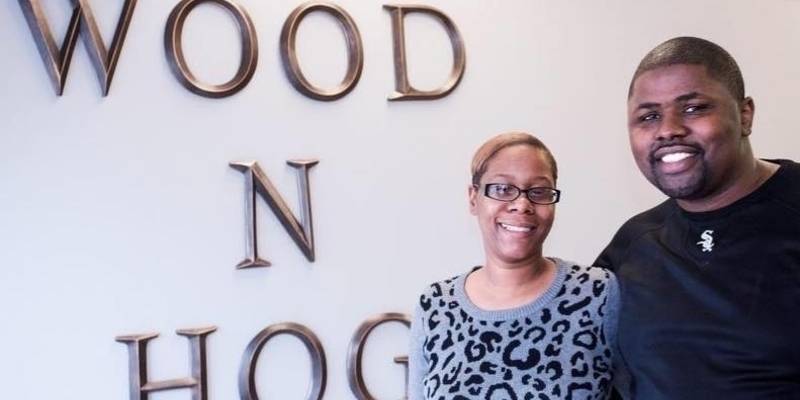
McDonald and Okema Battle are a barbeque loving brother and sister duo from Chicago. They opened Wood N Hog in June of 2016, and in only nine months, they completely surpassed their business goals. “I knew at a young age that I didn’t wanna work for anybody,” says McDonald, “I just didn’t know what I wanted to do for myself. Barbeque became a passion for me two years ago. Because I felt like people come together around food. I would have never thought ten years ago I would be doing barbeque. Never in my wildest imagination. Now, I’m always thinking: What’s my next right move, what’s the best step for myself, my family, my sister? How can we not move too fast, but how can we build on what we have?”
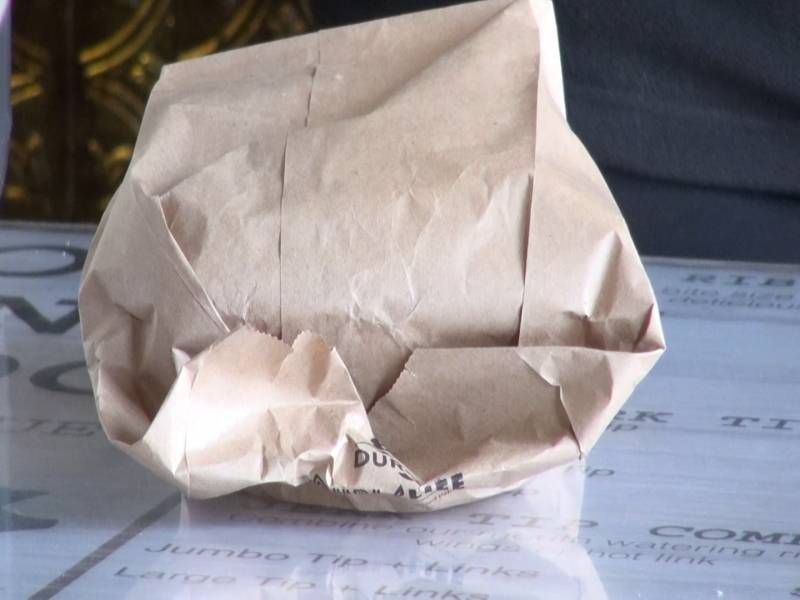
Michael chose Champaign as his location for Wood N Hog because of his undergraduate schooling at the University of Illinois. He originally went to school to become a lawyer. And he knows all about the struggle of having to travel to Chicago for some of your favorite food. “I’m like wow, you have to drive 130 miles to get food? Whether it was for simple stuff like White Castle, or Harold’s… whenever you’d go to Chicago, you’d make it a point, because we didn’t have that in Champaign. So Popeyes is here, Portillo’s is coming [It’s here now.], but barbeque, that brown paper bag barbeque that I was used to, we didn’t have. So I’m like well, it’s a natural fit.”
Barbeque is usually prepared using woodchips, charcoal, or as Michael likes it, with wood. He says wood give the meat a consistent flavor and provides an authentic taste. “The food is simply coming from the pit, to your tray. And we cook fresh every day. If you eat at Wood N Hog, the food was made today, and when we run out, we run out.” Wood N Hog also offers turkey tips, a unique menu option not found in other local barbeque restaurants.
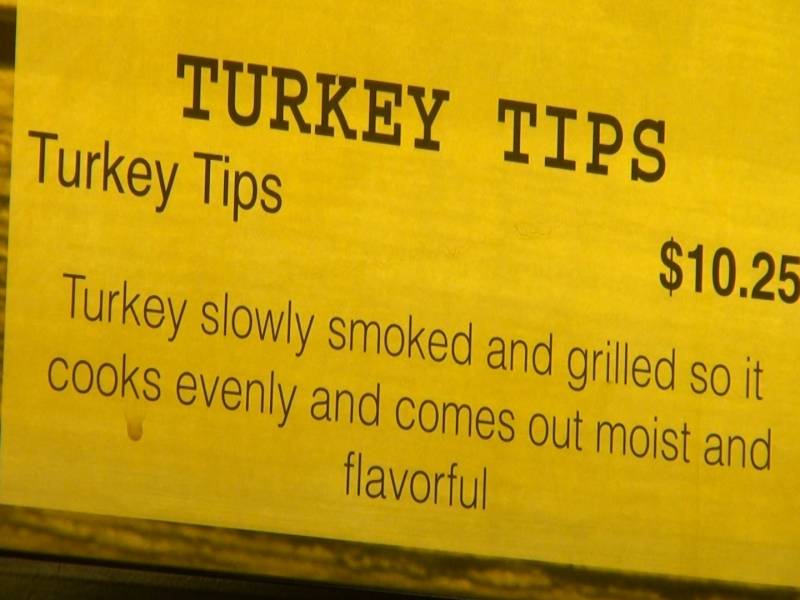
McDonald feels his success has a lot to do with personal interactions with customers. “It’s directly affected by our interactions with you, and anybody that walks through the door. So my ‘hello’, is my ‘hello’ to the masses. Its very personalized now, how I interact with people. Everyone is important.” From visiting Wood N Hog, I experienced this first hand. Michael was able to have full on conversations about things we connected with his customers with. You can tell many are returning, and they are comfortable in the space, and with the staff.
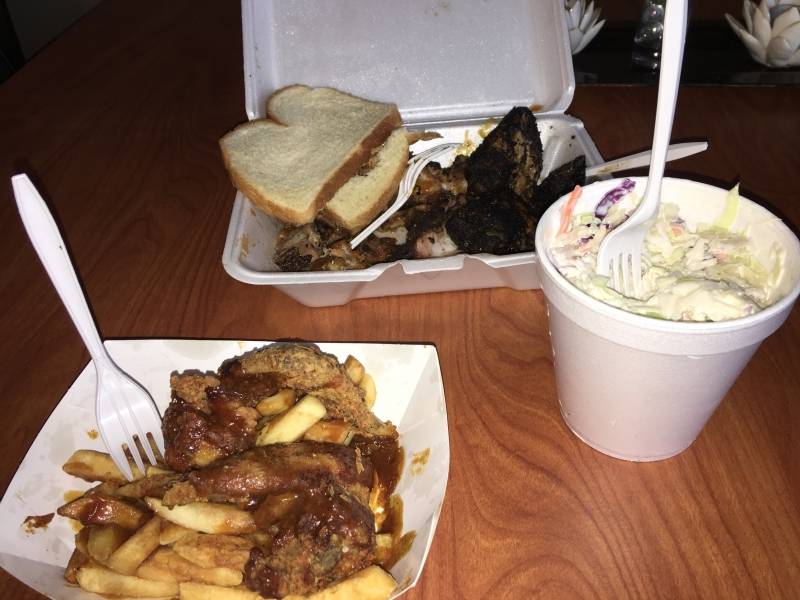
As a black businessman, Michael doesn’t take his presence in the community lightly, but he wants people to be able to look past him being black when supporting the business.
“We have to find a way to support each other, we have to find a way to be intentional with our support. Not because I’m black, I don’t want you to shop with me. I want you to shop with me because A: you enjoy the food. B: because you received great customer service — not good customer service. Because we feel like the customers will support us, but we have to then give that same satisfaction back. I realize that the community itself being a black community helps, so we get a lot of foot traffic. And the people in the community appreciate that we’re here. And I can appreciate that too, but I don’t think when people shop with us once, they’ll come again because we’re black. They’ll shop with us again, because of the other dynamics.”








